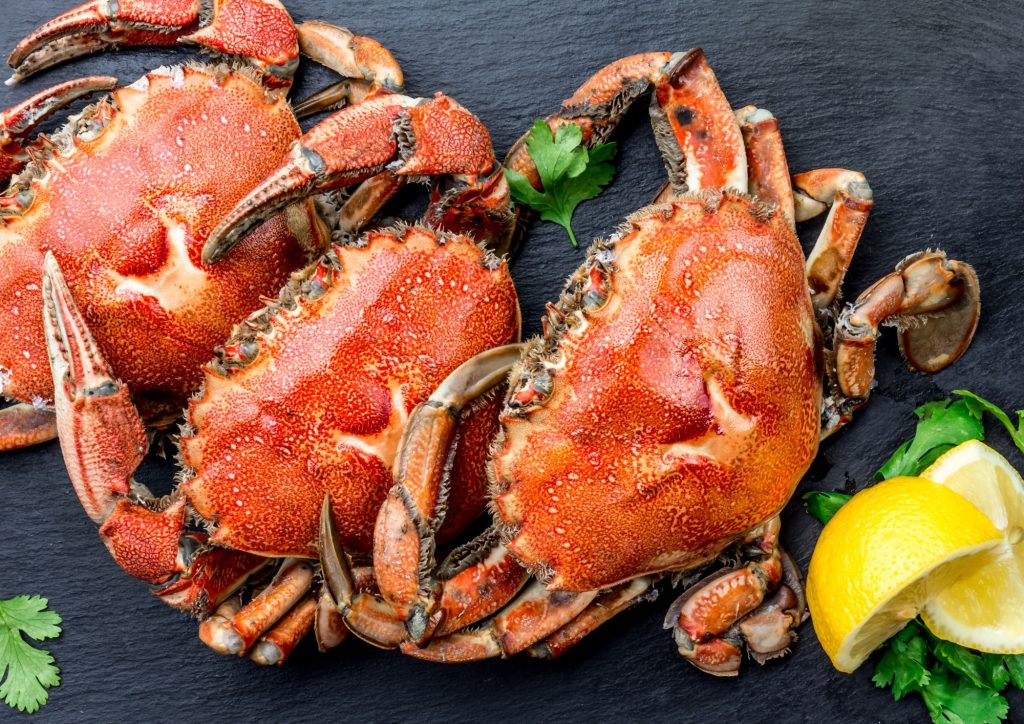In the world of seafood, few ingredients offer the versatility, delicacy, and status of crab. Once seen mostly in traditional recipes—steamed, boiled, or battered—crab has found new life in the hands of contemporary chefs. From Michelin-starred fine dining rooms to creative neighborhood kitchens, modern crab cuisine is redefining how we experience this iconic crustacean.
A Shift from Heritage to Innovation
Crab has long played a central role in regional cuisines around the globe: from Singapore’s fiery chili crab to Maryland’s beloved crab cakes. But in today’s culinary landscape, chefs are blending tradition with innovation. They’re keeping the soul of these dishes intact while introducing new flavors, textures, and techniques.
In places like Tokyo, London, and Copenhagen, you’ll now find:
- Crab foam infused with yuzu
- Charcoal-grilled crab legs brushed with miso butter
- Crab consommé with lemongrass oil pearls
- Miniature crab tartlets with edible flowers and citrus gel
It’s not just about presentation—it’s about precision, balance, and storytelling through food.
Where to Taste It
Here are a few standout restaurants where modern crab cuisine takes center stage:
- Aqua by Elia (London, UK)
– Their King Crab Ravioli with smoked tomato bisque is a masterclass in East-meets-West flavor. - Ishikawa Modern (Tokyo, Japan)
– Offers a seasonal tasting menu where snow crab sashimi is paired with a delicate sake reduction. - The Shell Theory (New York, USA)
– Known for its crab tasting menu, featuring inventive dishes like crab mousse on squid ink toast and crab bone broth cappuccino. - Nord Krabbe (Oslo, Norway)
– Reinvents Scandinavian seafood with dishes like fermented crab cream with pickled kelp.

Why It Matters
Modern crab cuisine reflects more than culinary creativity—it represents a deeper respect for the ingredient. Chefs are using every part of the crab: shells for stock, roe for garnish, meat for minimalistic compositions. Sustainability is also in focus, with many kitchens sourcing ethically from small fisheries or seasonal crab harvests.
This evolution also appeals to a new generation of diners—those who want the comfort of familiar seafood, but with the thrill of surprise.
Tradition Reimagined
The beauty of modern crab cuisine lies in its balance. It doesn’t discard tradition—it elevates it. The sweetness of fresh crab meat remains the anchor, but it now shares the plate with bold elements: fermented citrus, umami-rich reductions, and avant-garde plating.
In this culinary movement, crab is no longer just a luxury—it’s a canvas.





